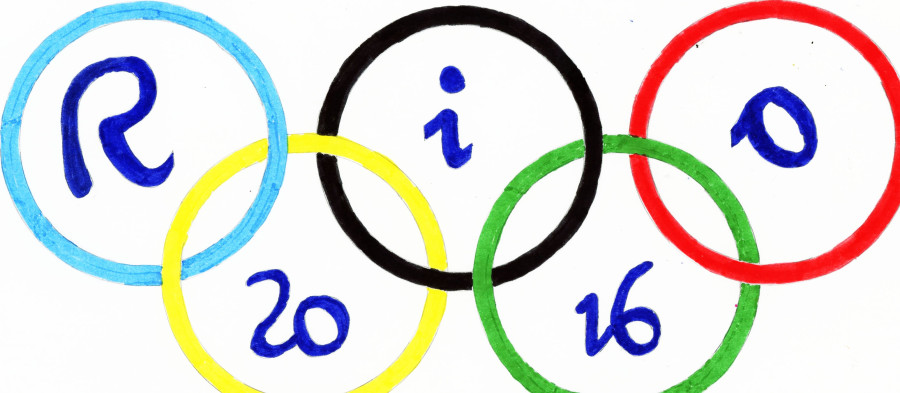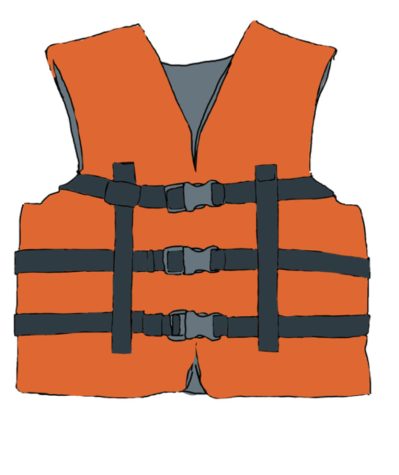Olympics light fear in athletes and sports fans
In August, the Olympic Games will return in Rio de Janeiro, Brazil. About 10,500 athletes from 206 countries will compete in the first Olympic Games in South America. There are a number of healthcare issues about which participants and spectators are concerned. Growing concerns over the Zika virus outbreak in Brazil have spectators and participants on edge.
The Zika virus is transmitted by a bite of the Aedes mosquito. This insect also transmits dengue fever to humans. Symptoms are relatively mild, and patients won’t even know they are infected. In general, patients will get fevers, joint aches and other flu-like symptoms. More than 20,000 people in Latin America have been infected with the Zika virus. Brazil, Colombia, Ecuador, Mexico, Panama and Venezuela are among the countries most affected.
“There is no intention by any national Olympic committee to pull out from the Rio Olympic Games,” said International Olympic Committee President Thomas Bach. “This does not exclude that we are taking this situation very seriously.”
The Zika virus is suspected to be linked to birth defects in babies, especially microcephaly, the stunted growth of a baby’s brain. Even though Latin American governments are urging women not to postpone pregnancy, many women still continue to do so.
During the Olympics, Brazil will have entered its winter season, or “cooler months.” Mosquitoes like the ones that carry Zika virus will reduce in numbers compared to the summer months.
“The fact that the games are held in one city and during the cooler months means officials should be able to reduce the risk of Zika to an acceptable level,” said Dr. Mary Wilson of Harvard’s T.H. Chan School of Public Health.
However, Zika virus is not the first time that disease and illness has plagued a major sporting event. Around the 2010 Winter Olympic Games in Vancouver, Canada, 82 cases of measles occurred. Similarly, vomiting and diarrheal illness spread to 65 people at the 2006 FIFA World Cup in Germany.
Zika virus is unlike any other disease or illness that has afflicted spectators and participants at major sporting events. Many of the patients infected with the disease never realize that they have it or do not take the symptoms very seriously.
The United States Olympic Committee will provide information to athletes worried about competing in the Olympic Games in Rio from three appointed doctors and urge those still with doubts not to attend.
“The health and safety of our athletes, and our entire delegation, is our top priority. I’m grateful to the diverse group of medical experts that have agreed to provide Team USA with the information and resources necessary to stay healthy and compete successfully,” said United States Olympic Committee Chief Executive Scott Blackmun.
Besides the Zika virus, Brazil raised health concerns over the contaminated bays and lagoons. Dangerous bacteria have been found in the bays and lagoons of Brazil because of unprocessed sewage. Thirty percent of a soil sample from a popular Brazilian beach held a disease carried by most dogs and cats of the region called hookworm parasite. This parasite causes an itchy rash that can be an entry point for other diseases.
Amidst the problems, Brazil will continue to prepare for the upcoming Olympics in August. Spectators and participants will be alert for any irregularities and problems during their stay in Brazil.
Your donation will support the student journalists of Saint Viator High School. Your contribution will allow us to purchase equipment and cover our annual website hosting costs.








